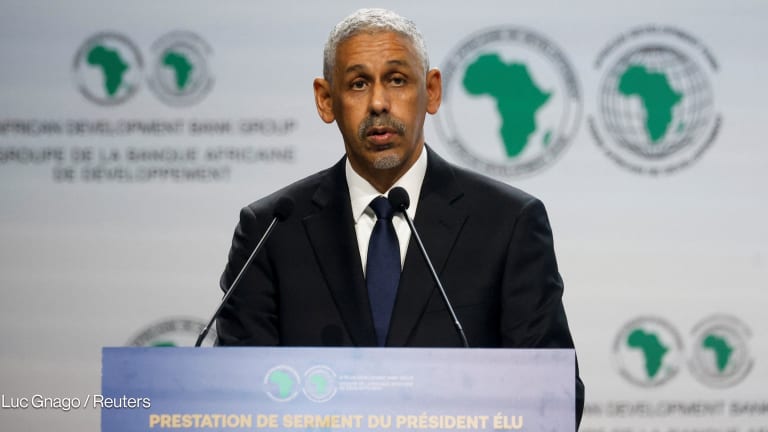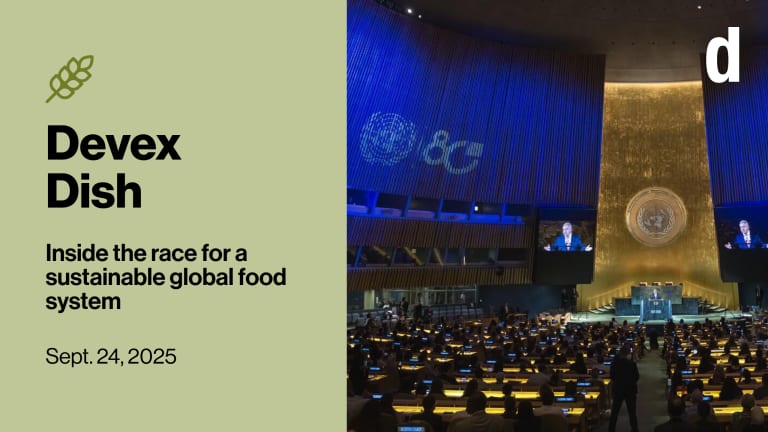Indonesia has all but gotten a new leader with a familiar face last week, Prabowo Subianto.
The former army general and business figure appears to be successful on his third try for the presidency, and is set to take over from Joko Widodo, who has governed since 2014. Subianto finished second to Widodo, who could not run again having hit the two-term limit, in the previous two elections.
The question now is where Subianto, to be inaugurated in October, will lead Southeast Asia’s largest economy as it faces down the threat of climate change, as well as the mammoth project to move its capital 800 miles (1287 kilometers) northeast, from Jakarta to Nusantara.
Printing articles to share with others is a breach of our terms and conditions and copyright policy. Please use the sharing options on the left side of the article. Devex Pro members may share up to 10 articles per month using the Pro share tool ( ).
Search for articles
Most Read
- 1
- 2
- 3
- 4
- 5








